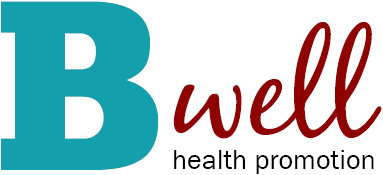Post Exposure Prophylaxis (PEP) are medications that, if taken less than 72 hours after exposure to HIV and continued for 28 days, may reduce your risk of HIV infection after a high risk exposure. PEP is not a replacement for safer sex and PEP may require follow-up testing and medical care.

Safer Sex
Post Exposure Prophylaxis (PEP)
What is PEP?
When is PEP recommended?
Medical providers recommend PEP be taken within 72 hours after a sexual exposure with a person known to be HIV-infected or after a high risk exposure, such as unprotected anal intercourse, with a person of unknown HIV status.
Does PEP have side effects?
Yes, it can cause diarrhea, headaches, feeling sick and vomiting. You can take some medications to control some side effects like nausea and diarrhea. Because of the side effects, some people taking PEP need time off work or school and some have to stop taking PEP. The side effects do go away once someone stops taking the drugs. If you do have any side effects, you should be sure to inform your doctor.
Does PEP work?
Studies of health care workers show that the risk of becoming HIV positive after a needle stick injury is significantly reduced by using PEP. Studies in animals have also mostly shown the medications to be effective. PEP only works if taken within 72 hours of exposure. PEP may not work in all cases.
Does PEP mean I can have unprotected sex?
No. PEP is not a cure for HIV/AIDS. Taking PEP will not protect you against another exposure to HIV or other STIs. Safe sex and safe needle use are the most effective ways to avoid infection, but PEP is there if you need it.
How do I take PEP?
PEP involves taking two or three medications often combined into one pill daily. You need to take the pill(s) once a day for four weeks. It is very important that these medications are taken on time without missing doses.
Please speak with your medical provider to learn more about PEP and decide whether it is right for you.
Brown students who believe they may need PEP can call the Health Services nursing line at 401.863-1330.
Resources
Brown Health Services
401.863-1330 (to speak to a nurse)
401.863-3953(appointments)
Miriam Hospital Immunology Clinic
401.793-4715
Brown University AIDS Program (BRUNAP)
401.863-6790
[email protected]
National Clinician's Post-Exposure Prophylaxis Hotline (PEPline)
888.HIV-4911






